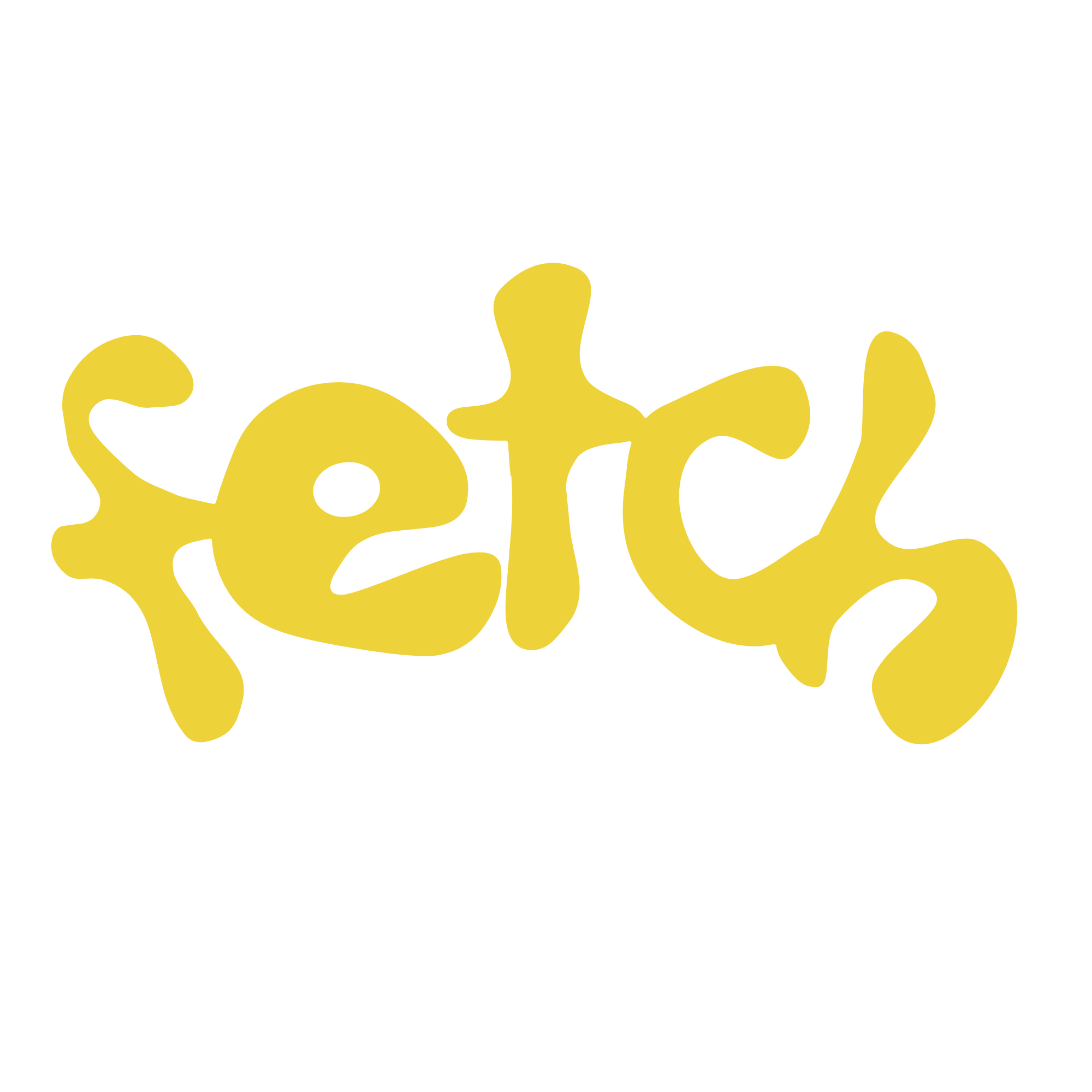THE ARTISTS' FAIR 2025
- FETCH
- Jun 19, 2025
- 4 min read
At Somerset House Studios this June, the annual Artists’ Fair returned: twenty artist-led stalls, a weekend of workshops, and the rarest promise in contemporary culture—artists were paid, and they kept 100% of their profits.
But this was not a fair about "product." It was about survival. Identity. Systems. Getting weird. Getting paid. Across five artists—Harun Morrison, Wet Mess, Philomene Pirecki, Hannah Perry, and Sian Fan—emerged a set of overlapping tensions: between criticality and craft, subsistence and subversion, and the old binary of “practice” vs “side hustle,” already collapsing under the weight of contemporary precarity.

Photography courtesy of Alina Zun Hebel
Harun Morrison’s stall offered Environmental Justice Questions, a boxed set of prompts by artists, farmers, and activists. “I’m also selling different prints that I think of as offshoots of research,” he said—projects that explore “the dark in urban space and cemeterial ecologies.” Meanwhile, Sian Fan displayed 3D-printed keychains, tarot-inspired prints, and bag charms from her video-game universe. “I reworked artefacts or imagery from my videogame works,” she explained, “embodying characters into different tarot archetypes, physicalising virtual objects into charms and talismans.” Wet Mess went full camp: “Ties that say lesbian, excel, mr lady, faggot, made with Lambdog1066. Silly tiny gender soup denim handbags made with Rūta Irbīte. TESCO/TESTO t-shirts with Sportsbanger. At the market stall I don’t lipsync, but I did learn a TikTok dance.”
Photography courtesy of Alina Zun Hebel
For all five, the stall didn’t mark a deviation from practice so much as a space of sidelong continuation—a way to test something smaller, gayer, shinier, or more portable. “The works emerge from the practice,” said Morrison, “but they’re only one entry point to a larger, sprawling body of work.” Sian Fan framed her objects as “parallel experiments,” noting that the freedom of the stall format made things “more playful.” Pirecki’s editions label Gates of Vanitas felt both adjacent and vital: “Thematically there are shared threads of research broadly connected to life, decay and renewal… [but] it’s also an experiment in establishing a potential income stream.” As Wet Mess puts it, “It’s a nice side salad. A way to collaborate with makers I admire and create some weird gay objects.”
Photography courtesy of Alina Zun Hebel
The headline offer—100% profits, paid participation, and free space—wasn’t just a financial detail. It was the structural artwork. “It’s the first time that I’ve been offered an opportunity where all those elements converged,” notes Pirecki. “It’s a very rare and welcome opportunity to retain 100% of proceeds… and be paid a fee.”
“Love getting paid and keeping profits,” says Wet Mess, succinctly. But, as Morrison pointed out, not all value is transactional: “The value of the event lies as much with the micro-interactions… conversations become fruitful in themselves, whether or not there’s a financial transaction.”
Photography courtesy of Alina Zun Hebel
For Fan, the format offered something else: a chance to invite people in. “It was important that the works felt touchable… very different to a gallery setting.” She strung charms across a pink ribbon and encouraged hesitant buyers to draw tarot cards to choose their print. “Mostly everyone was very curious and friendly,” she said, “though someone said they thought the work was spooky, which surprised me!”
Not all responses were sweet. “There were a few shocked faces at the slut, slag, daddy, cunt ties,” said Wet Mess. “Business is my calling. Business is my pleasure. I’m all about profits, and any hole is a goal.”

Photography courtesy of Alina Zun Hebel
Asked about institutional support in the UK, most answers were blunt. “Yikes,” said Hannah Perry. Morrison called it “choppy waters.” For Pirecki, the problem lies in inconsistency: “There needs to be a more consistent policy across organisations regarding artists’ pay… If we’re going to help ensure that being an artist is not the preserve of the wealthy, we need transparent conversations about fees and contracts.”
Wet Mess echoed this tension: “I felt on the outside for so long… and then when I reached a certain ‘success,’ everyone became interested. I feel grateful for where I am now, but often think about how to uplift people who aren’t ‘there’ yet.” Fan was more optimistic—citing positive experiences with the V&A and Somerset House. But even her remarks pointed to a deeper convergence: that the line between “art” and “support” is as blurred as the one between “practice” and “product.” Somerset House Studios, at least for this weekend, tried to redraw those lines from scratch.
Photography courtesy of Alina Zun Hebel
Outside the institutional vortex, artists found grounding in vastly different places. “I walk regularly around Wanstead Flats and the River Roding Valley,” said Morrison.“I go to a lot of live music… and I’ve started bouldering to confront my fear of heights,” said Pirecki. “It requires being fully present and putting self-doubt aside.”
“I think the practice of being an artist is quite a narcissistic one,” said Perry. “Which contradicts the very notion of being a parent… It’s a nice mixture to live by.”“I try to recharge either by reading, yoga and being outside,” said Fan, “or switching off completely by lazing around watching rubbish TV.”

Photography courtesy of Alina Zun Hebel
There’s no singular takeaway from The Artists’ Fair 2025, which is precisely the point. From bouldering to tarot, parenting to polyester, the artists' practices unfold as polyphonic, provisional, and persistently undervalued by traditional institutions. But for two days in June, value was reframed—on artists’ terms. As Morrison put it: “These works are only one entry point to a larger, sprawling body of work.” And if that body is sprawling, weird, queer, infrastructural, communal, and slightly horny? So much the better.



















